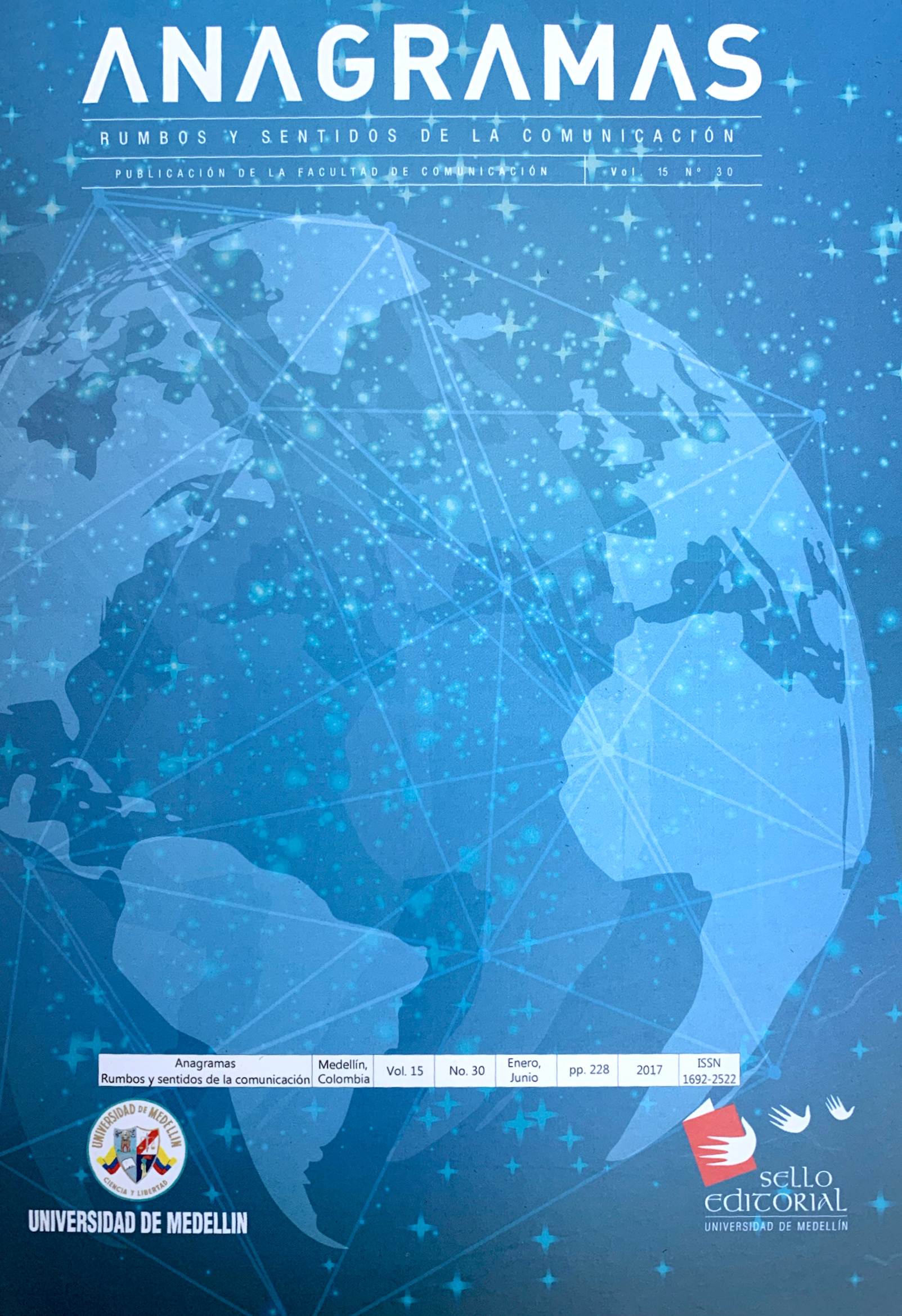The university education ecosystem impacted by ICT
Main Article Content
Abstract
The digital ecosystem that impacts society today, a panorama that is not alien to academia, leads to questioning the need for teachers to integrate the use of ICT in the training process as a support for the presence and for the Model of education in which this use is inserted. To address this phenomenon, an investigation of mixed methodology (quantitative-poll-qualitative-interview-) was structured, applied to students and teachers of Social Communication-Journalism, from which an exploratory exercise of communicative praxis was discussed, on the use of New technologies in the classroom, as well as the conception of this use by the actors involved in the training process. The corpus of analysis allowed to show that in the face-to-face model the technological becomes a teaching support, a tool, a complement, so to speak, to the teaching-learning process. The imminently virtual model or distance education (e-learning and blended) is proposed as a paradigm of technological didactics.
Article Details
References
Barrios, A. (2016). Narrativa periodística en la convergencia de medios. Estudios sobre el Mensaje Periodístico. 22 (1), 163-176. DOI: http://dx.doi.org/10.5209/rev_ESMP.2016.v22.n1.52587
Barrios, A.; & Zambrano, W. R. (2015). Convergencia digital: Nuevos perfiles profesionales del periodista. Revista Anagramas. 14 (26), 221–240.
Bouché, H (2002) La etnografía en el aula. En Bouché, H. et al. (2002) Antropología de la Educación. Madrid: Síntesis.
Consejo Nacional de Educación Superior. (2014). Acuerdo por lo Superior 2034. Bogotá- Colombia.
Dobozy, E. (2011). Typologies of Learning Desing and the Introduction of a LD-Type 2 Case Example. eLearning Papers. N.° 27.
Esteve Ramírez, F. & Sandoval Martín, M. T. (2006). Luces y sombras de las nuevas tecnologías de la información. Ámbitos, (15), 33-44.
Fajardo, G. C. (2015). Apropiación de las TIC: concepción, uso, relaciones, prácticas y diseños en el aula (Caso programa Comunicación Social-Periodismo de la Universidad de Bogotá Jorge Tadeo Lozano). Universidad Santo Tomás. Bogotá-Colombia.
Fandos, M. (2008). El reto del cambio educativo: nuevos escenarios y nuevas modalidades de formación. Educar, (38), 243-258.
Freire, P. (2005). Pedagogía del oprimido. 2.ª edición. México: Siglo XXI Editores S. A. de C. V.
Jump, L. (2011). Why University Lectures Enhance their Teaching through the Use of Technology. A Systematic Review. Learning Media and Technology, 36 (1), 55-68.
Leal, A. (2009). Introducción al discurso pedagógico. Horizontes Educacionales, 14 (1), 51-63.
LeÌvy, P. (2007). Cibercultura, la cultura de la sociedad digital. Barcelona: Anthropos Editorial.
Martín-Barbero, J. (2002). La educación desde la comunicación. México: Gustavo Gili.
Tejedor, F. J.; García-Varcárcel, A. & Prada, S. (2009). Medida de actitudes del profesorado universitario hacia la integración de las TIC. Revista Comunicar, XVII (33), 115-124.
Vidal, M. P. (2006). Investigación de las TIC en la educación. Revista Latinoamericana de Tecnología Educativa, 2 (5), 539-552.
Castells, M. (2002). La dimensión cultural en Internet. En Institut de Cultura, Debates Culturales. Universitat Oberta de Catalunya. Recuperado el 10 de julio de 2015. Disponible en http://www.uoc.edu/culturaxxi/esp/articles/castells0502/castells0502.html
Fainholc, B. (2002). El concepto de MediacioÌn en la tecnologiÌa Educativa Apropiada y CriÌtica. Buenos Aires, Ficha CaÌtedra UNLP. Recuperado el 10 de julio de 2015. Disponible en http://www.cediproe.org.ar/producciones
Ferrari, A.; Punie, Y. & Brecko, B. (2013). DIGCOMP a Framework for Developing and Understanding Competence in Europe. En: Joint Research Centre & Institute for Prospective Technological Studies. Recuperado el 10 de julio de 2015. Disponible en http://ipts.jrc.ec.europa.eu/publications/pub.cfm?id=6359





